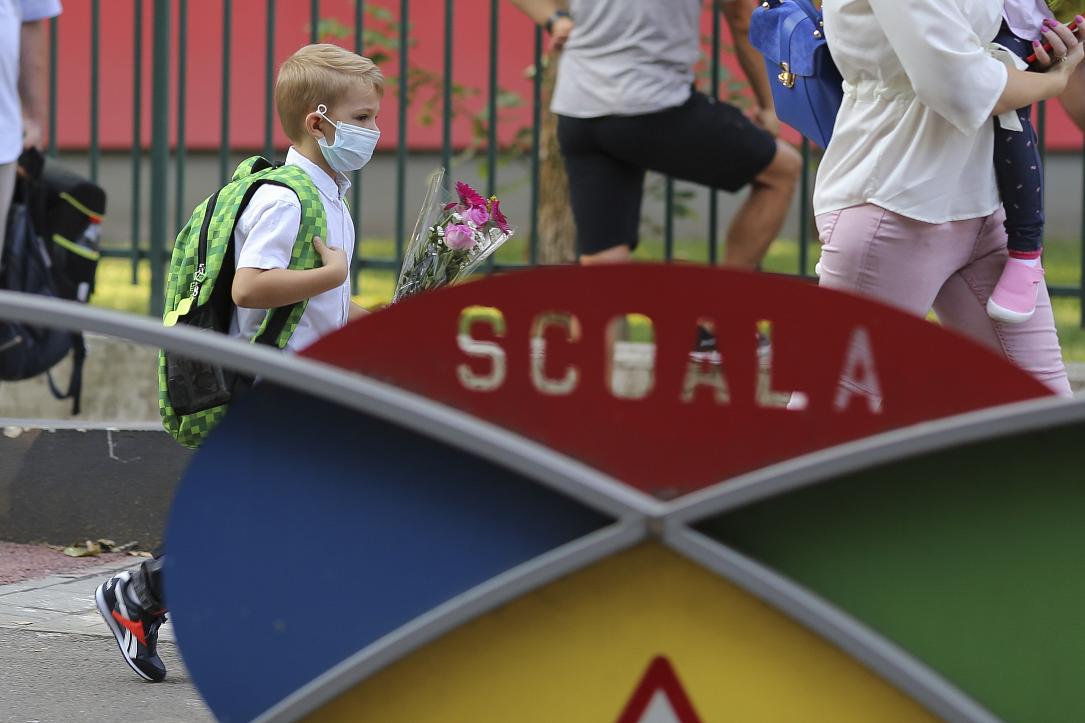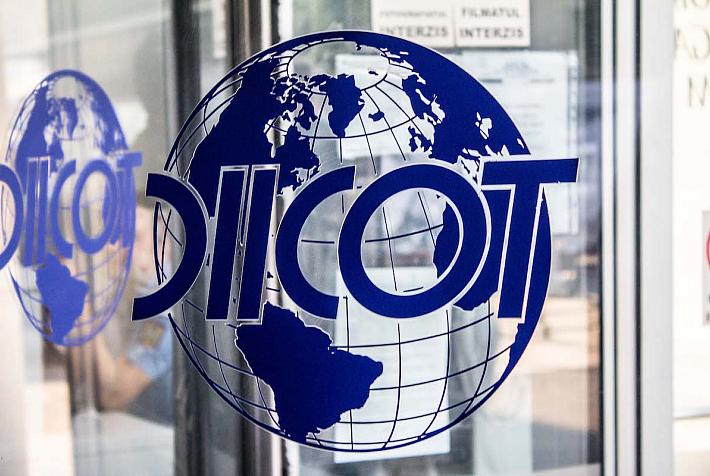Students cannot be expelled following new education regulations in Romania

The new framework regulation for the organization and functioning of pre-university education units in Romania makes it impossible to expel students in primary or secondary education, deeming education up to that level a constitutional right.
Expelling is the most severe penalty that a student could face in Romania's education system, usually applied for serious offences or misbehavior. Students who skipped more than a third of the study hours in a school year without justification could also be expelled. A student could be expelled just for the current school year with the possibility to enrol in the same school the next year but, in extreme conditions, high school students could be banned from joining any school for 3 to 5 years.
The new regulation adopted by the Ministry of Education comes into force at the start of the school year, on September 1 of the current year, according to Digi24. The framework brings several other changes.
The number of grades awarded annually to each student, in each subject of study, is established by the teacher, depending on the number of learning units and the weekly number of hours provided in the framework plan.
However, students will receive at least three times as many grades as there are hours allocated for a specific discipline during an average week. Semestrial average grades will also be replaced by a single, annual average grade.
Most importantly, the new regulation stipulates that students in primary or secondary education will not be expelled under any circumstance, as they have the right to education under the Constitution. This does not apply to tertiary education, as it is optional.
Electronic gradebooks will also be introduced in several schools as part of a pilot programme. Finally, the changes include the elimination of any provision or reference that allows the collection of funds from the students' parents. Although education is free of charge in Romania, in many schools, the students' parents are asked to contribute various amounts of money to the so-called "class fund", which is used to buy various things that teachers may need but the school doesn't provide for them.
(Photo source: Sabin Cristoveanu | Inquam Photos)













